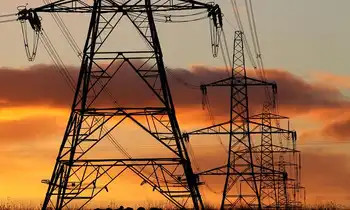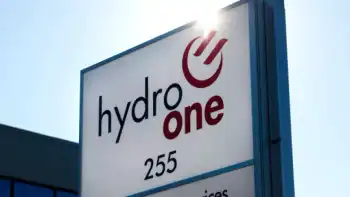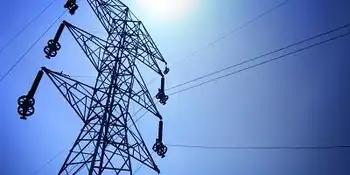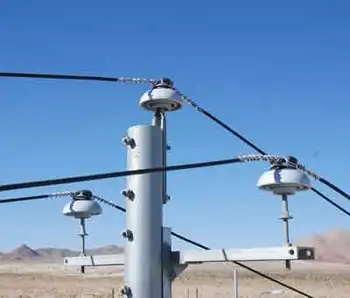Feds Intervene in Energy Dispute
- WASHINGTON -- Federal energy regulators acted Wednesday to help power generators collect $1.2 billion from California for power sales since January.
The Federal Energy Regulatory Commission intervened in a billing dispute between California's electricity grid manager and the state agency that has been buying power on behalf of California's financially troubled investor-owned utilities.
FERC ordered the California Independent System Operator to send invoices within 15 days to the state's Department of Water Resources for the power sales, a small percentage of electricity sold to California.
The dispute is an outgrowth of the state's energy crisis. Generators need to know they will get paid for past sales to insure the reliability of future energy supplies, FERC said in a press release.
Before the state started buying power in January to buy power on behalf of Southern California Edison, Pacific Gas and Electric Co. and San Diego Gas and Electric Co., the utilities would pay the grid manager, which would in turn distribute money as owed to the generators.
FERC rules prevent the grid manager from providing detailed bills because they would reveal proprietary pricing information.
But the state will not pay bills unless they specify "who to pay, for what and how much," said Oscar Hidalgo, spokesman for the water resources department.
"We can't, as a state agency, issue funds without an accounting of where they go," said Hidalgo, who called the siutation an accounting dilemma. "We're talking about $1.2 billion. We're not going to give this blindly."
Stephanie McCorkle, ISO spokeswoman, said the ISO would comply with the order.
The total cost of energy sold in California's wholesale market between January and June was $23 billion. In 1999, that yearly total was $7 billion and in 2000, the annual cost was $27 billion.
Related News

Group of premiers band together to develop nuclear reactor technology
TORONTO - The premiers of Ontario, Saskatchewan and New Brunswick have committed to collaborate on developing nuclear reactor technology in Canada.
Doug Ford, Scott Moe and Blaine Higgs made the announcement and signed a memorandum of understanding on Sunday in advance of a meeting of all the premiers.
They will be working on the research, development and building of small modular reactors as a way to help their individual provinces reduce carbon emissions and move away from non-renewable energy sources like coal.
Small modular reactors are easy to construct, are safer than large reactors and are regarded as cleaner energy than coal, the…




